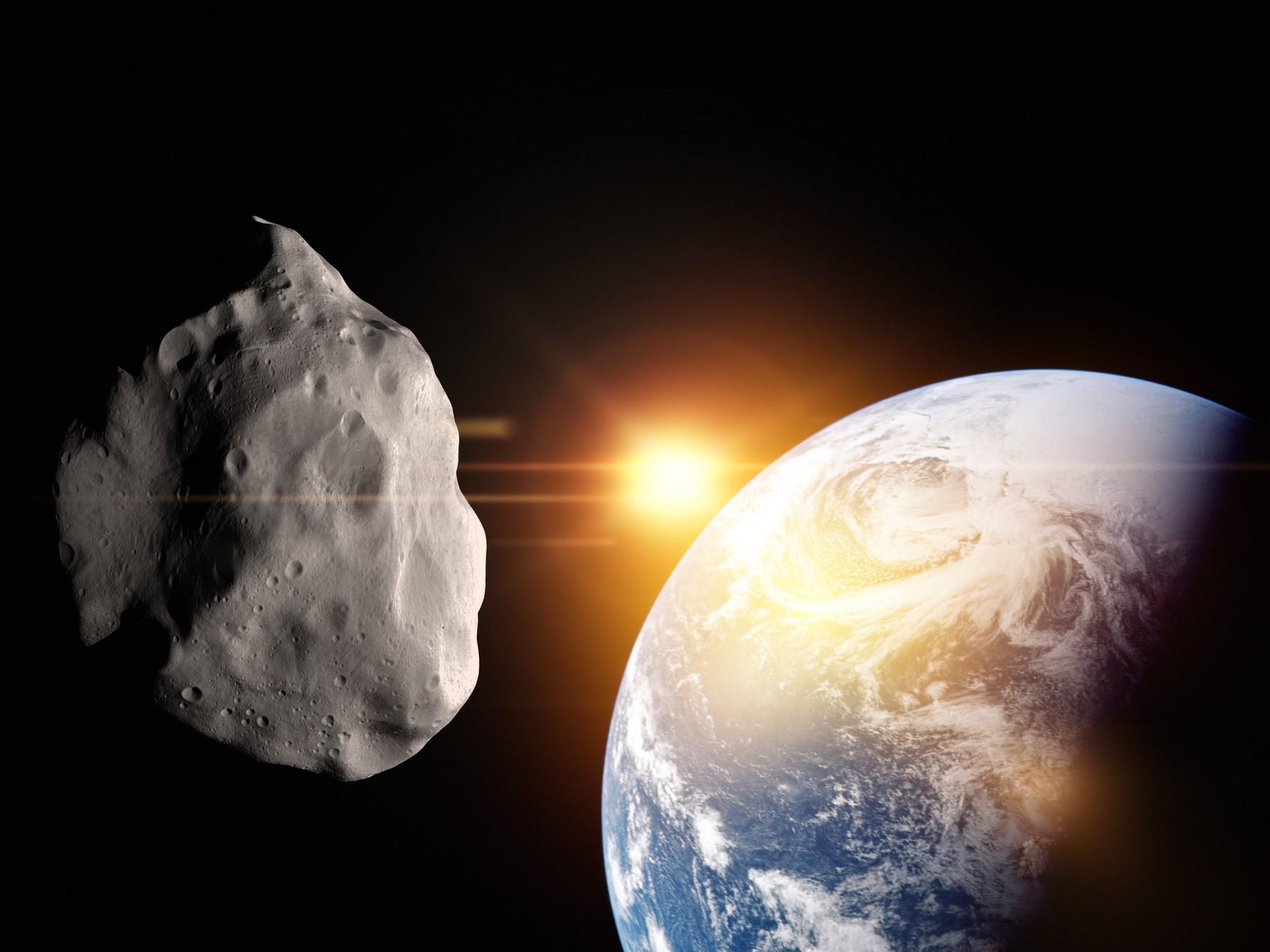Asteroid larger than the Shard set to skim past Earth next month, Nasa warns
Massive space rock poses no threat but Elon Musk warns ‘a big rock will hit Earth eventually and we currently have no defence’

Your support helps us to tell the story
From reproductive rights to climate change to Big Tech, The Independent is on the ground when the story is developing. Whether it's investigating the financials of Elon Musk's pro-Trump PAC or producing our latest documentary, 'The A Word', which shines a light on the American women fighting for reproductive rights, we know how important it is to parse out the facts from the messaging.
At such a critical moment in US history, we need reporters on the ground. Your donation allows us to keep sending journalists to speak to both sides of the story.
The Independent is trusted by Americans across the entire political spectrum. And unlike many other quality news outlets, we choose not to lock Americans out of our reporting and analysis with paywalls. We believe quality journalism should be available to everyone, paid for by those who can afford it.
Your support makes all the difference.An asteroid larger than the Shard is set to pass Earth next month, according to Nasa.
Asteroid 2000 QW7 is between 290m and 650m long and will make its closest approach to Earth on 14 September.
By comparison, London’s tallest building measures 310m, while the world’s tallest building – the Burj Khalifa in Dubai – measures 828m.
Nasa’s Centre for Near Earth Object Studies revealed that the asteroid is travelling at a speed of about 14,400 miles per hour and will pass 3.3 million miles from Earth.
Any celestial material within 92.9 million miles is considered a near-Earth object.
The Sun-orbiting asteroid passes Earth roughly every 20 years and last passed by on 1 September, 2000.
The US space agency said there was no risk of the asteroid colliding with Earth, but Nasa chief Jim Bridenstine has previously warned that there may be a deadly asteroid in the relatively near future.
“This is not about Hollywood, it’s not about the movies,” he said.
“This is ultimately about protecting the only planet we know, right now, to host life.”
Scientists believe an asteroid roughly 30 times the size of Asteroid 2000 QW7 was responsible for wiping out the dinosaurs.

It is difficult to predict if or when future asteroids might hit Earth but in 2029 astronomers will get a chance to study a space rock passing just 31,000km from Earth.
Asteroid 99942 Apophis is roughly the same size as the Asteroid 2000 QW7 but its proximity to Earth has earnt it the name “The God of Chaos”.
SpaceX CEO Elon Musk recently echoed Nasa’s warning about the risks posed by such objects.
“Wouldn’t worry about this particular one,” Mr Musk tweeted, referring to the Apophis asteroid.
“But a big rock will hit Earth eventually and we currently have no defence.”

Apophis will make another pass by Earth in 2068, which astronomers warn poses the most risk of a collision with Earth.
One idea to deal with such risks is to divert or slow down the asteroid by detonating nuclear weapons on its surface.
The closeness of Apophis will give scientists the chance to better understand how to deal with such threats.
“Apophis is a representative of about 2,000 currently known Potentially Hazardous Asteroids,” Paul Chodas, director of Nasa’s Centre for Near-Earth Objects Studies, said at Nasa’s annual Planetary Defence Conference last week.
“By observing Apophis during its 2029 flyby, we will gain important scientific knowledge that could one day be used for planetary defence.”
Join our commenting forum
Join thought-provoking conversations, follow other Independent readers and see their replies
Comments